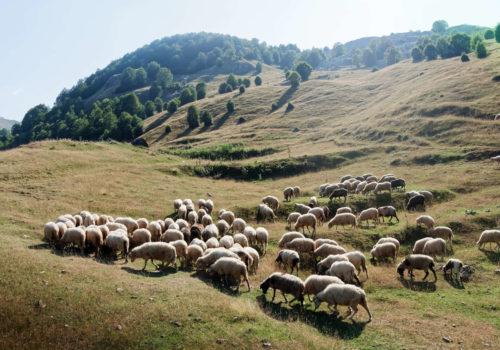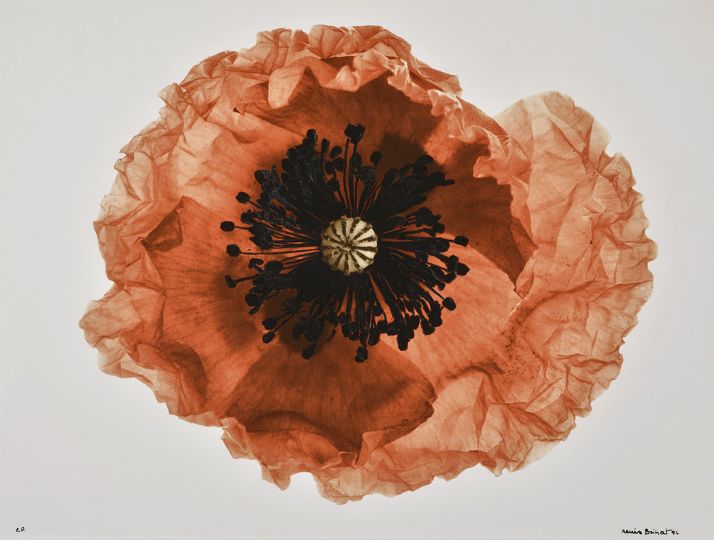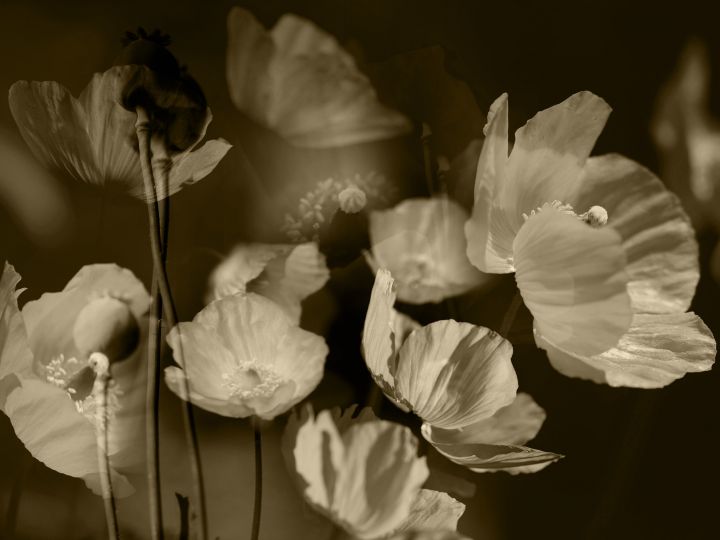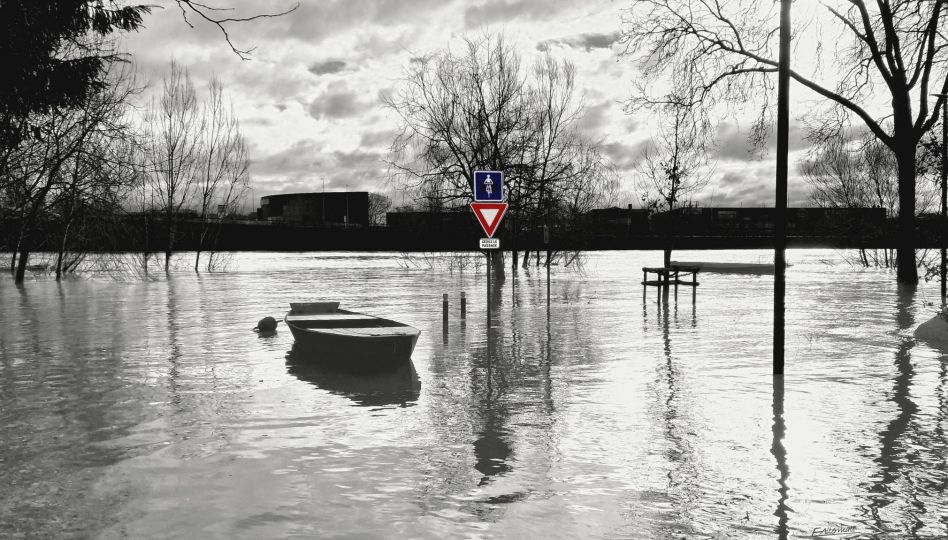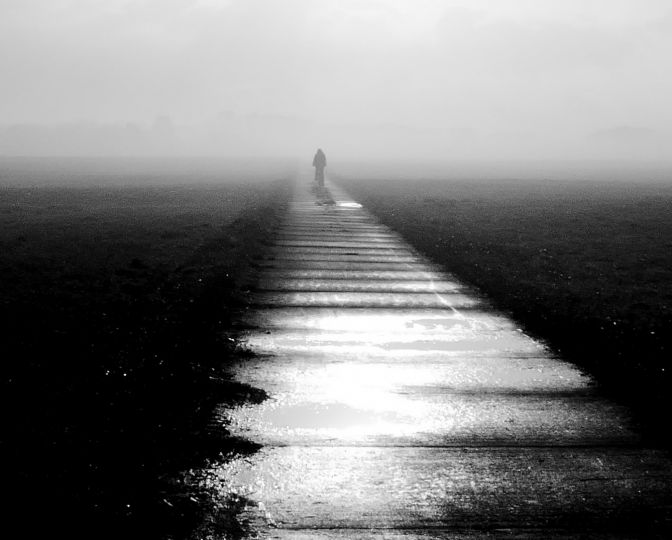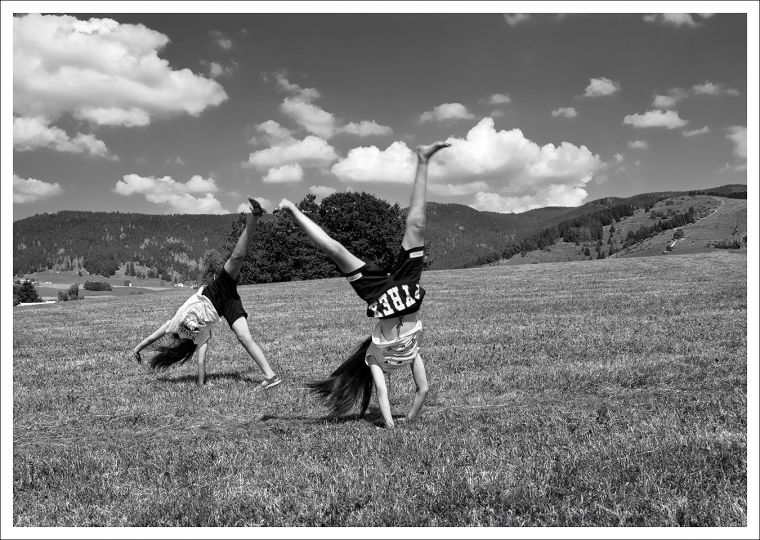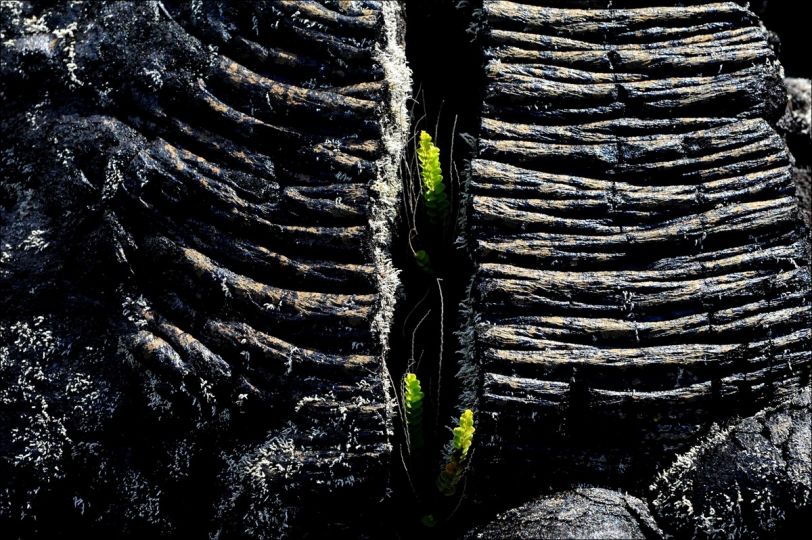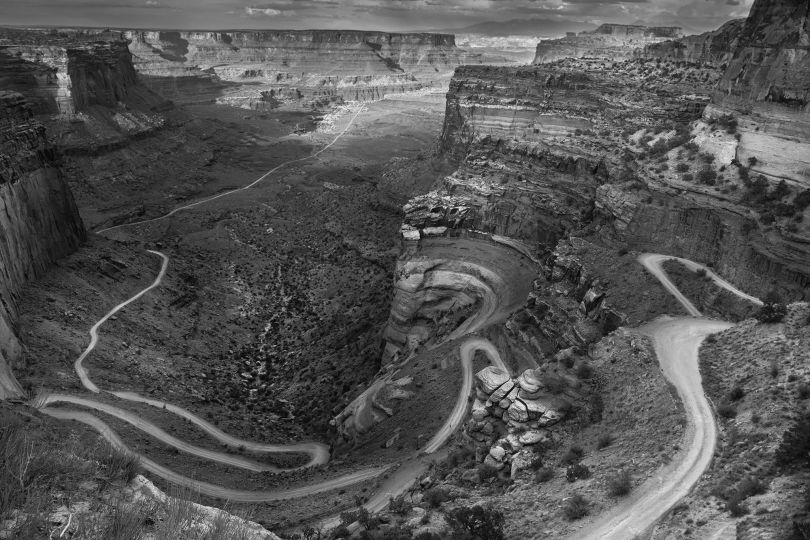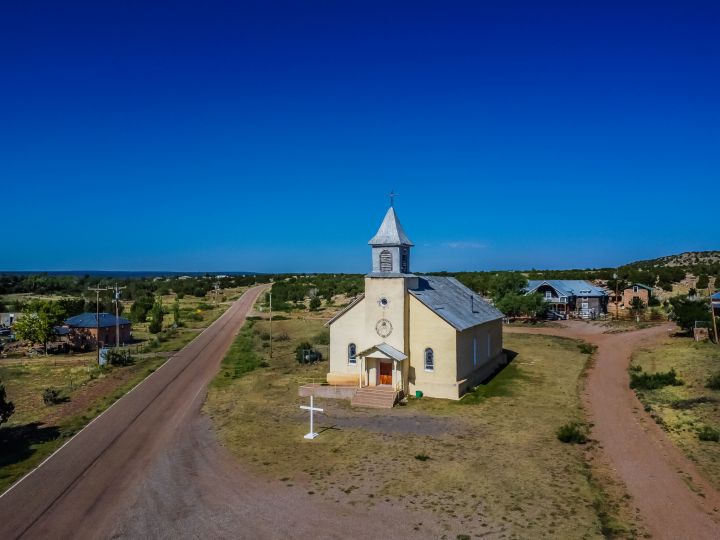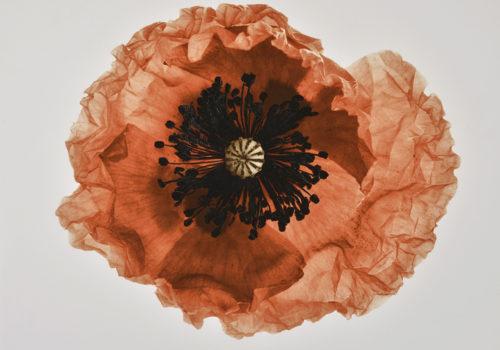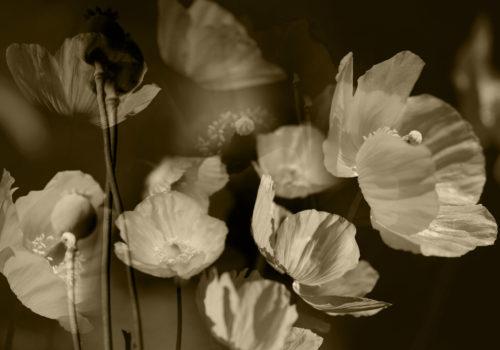The Nomadic Shepherds of Kelmend
Preserving a Cultural Heritage at Risk
In the heart of the Albanian mountains, nestled amidst rugged peaks and verdant valleys, lies Kelmend, a realm where time seems to have stood still. Here, amidst the echoes of ancient traditions, the shepherds of Kelmend, with their weathered faces and sun-kissed hands, orchestrate a timeless dance with nature, their lives intimately intertwined with the rhythm of the seasons.
However, their existence hangs by a thread, teetering on the precipice of change as Albania embarks on the path of European integration. The specter of modernization looms large, threatening to engulf their ancestral way of life, their deep connection to the land, and their irreplaceable cultural heritage.
I recently had the privilege of immersing myself in this extraordinary world, bearing witness to their resilience, their unwavering spirit, and their profound connection to the earth. Their stories, etched with hardship and determination, resonated deep within me, igniting a burning desire to preserve this vanishing way of life.
A Call to Action
It all began with a desperate plea from Martine Wolff, an ethnologist friend passionate about Albanian culture and a fierce defender of ethnic minorities:
“Paul, I need your help urgently. Come photograph the shepherds of Kelmend before their way of life disappears forever. We must capture their unique culture before it fades away. It is our responsibility to share this millennia-old heritage with the world and have transhumance and pastoral know-how inscribed on UNESCO’s Intangible Heritage List. I’m working on the dossier and I need your expertise…”
Responding to Martine’s urgent call, I packed my camera gear into my trusty VW California camper van and hit the road to Kelmend. A retired engineer and photojournalist, I have dedicated a portion of my life to documenting humanitarian and environmental causes around the world. Even today, I am sometimes called upon to witness urgent situations.
A Changing Landscape
With my wife, we spent three days traversing a good part of Europe before finally reaching the Kelmend Valley in Albania. It was my third trip to Albania by road. In 2010, on my first trip, I was struck by the timeless atmosphere that prevailed in this country. Crossing the border with Montenegro, the road suddenly gave way to a chaotic track where Mercedes from another era, donkeys, and pedestrians coexisted in an improvised ballet between muddy puddles and debris of all kinds.
Today, the landscape has changed radically. A smooth, black asphalt ribbon welcomes us, a symbol of inexorable progress. But as we drove up the Kelmend Valley on this new road, once impassable to ordinary vehicles, I became aware of the transformation underway, the challenges and threats facing this ancestral way of life.
Martine would later explain that this road had created significant challenges for transhumance. Previously, shepherds could freely use the trail, adapting to weather conditions to move their herds to higher pastures and descend at the first snow. Now, their movements must be meticulously planned in advance, in coordination with road closures. All shepherds must ascend and descend with their animals at the same time, regardless of weather conditions.
Immersion in a Remarkable Community
For several days, I immersed myself in the life of this remarkable community, living in harmony with nature and in total autonomy. I shared their frugal meals, listened to their ancestral stories, and admired their ancestral know-how. I understood the urgency of preserving this unique way of life, threatened by Albania’s opening to Europe and the infrastructure projects that result. Having endured nearly half a century of isolation and self-sufficiency, Albania now ardently aspires to join the European Union, often to the detriment of its unique ancestral heritage.
A Fight for Preservation
While these changes are legitimate and necessary for the country’s development, they should not come at the expense of this rich cultural heritage. Protective measures must be put in place to preserve the identity and traditions of the Kelmend shepherds, so that their voices continue to resonate in the Albanian mountains and their ancestral know-how does not fall into oblivion.
My photos served Martine to present the Albanian dossier alongside nine other countries, including France. A first victory was achieved in December 2023 with the inscription of “Transhumance, seasonal movement of herds” on UNESCO’s Intangible Cultural Heritage List.
The fight continues for Martine to preserve the way of life of the Kelmend shepherds, threatened by Albania’s integration into the EU and the strict requirements of the Maastricht criteria, which will then become a priority for the Albanian government.
Many other challenges and dangers lie ahead. Just a few decades ago, no one could enter or leave the country. In 2024, however, nearly 20 million visitors are expected, more than five times Albania’s population. What will become of this ancestral way of life when, as the government predicts by the end of this decade, the country will become one of the world’s top ten tourist destinations?
Paul Correia

